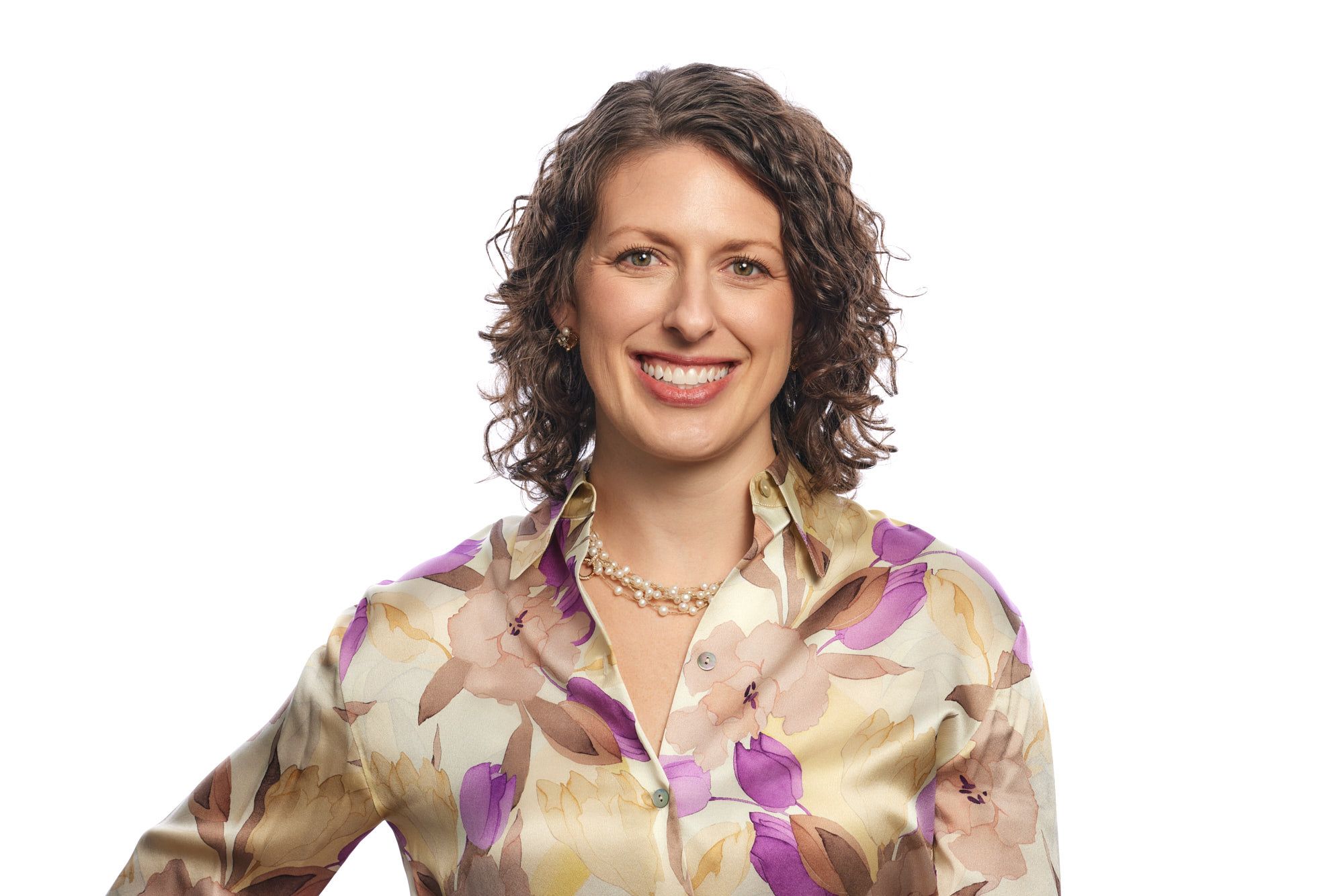Financial first aid for the medical profession
When North Star Consultants Inc. adviser Gregory R. Wikelius started his career, he did…
When North Star Consultants Inc. adviser Gregory R. Wikelius started his career, he did what many in his position have done before — picked up the phone and began the arduous process of cold-calling potential clients.
He called. And called. And called. For six months.
“I realized it wasn’t going to be the most successful way to grow a business,” said Mr. Wikelius, 34.
So he switched up his strategy. He stopped calling and started mimicking, using the approach of a fellow adviser who had developed a practice focusing on doctors and dentists through seminars and word-of-mouth referrals.
Now both Mr. Wikelius and that Minneapolis-based mentor, Marshall W. Gifford, are part of a set of North Star advisers who focus on physicians.
“I just liked his style,” Mr. Wikelius said of Mr. Gifford, praising the importance of mentorship. “Eventually, it just became second nature to me.”
Today Mr. Wikelius is based in Chicago and has more than 125 clients across the U.S. — mostly specialist doctors — who get holistic service, and even more clients who request limited advice or services. He doesn’t have to turn away clients who aren’t doctors; they generally aren’t referred to him in the first place.
“I have a strong belief that if you are truly doing niche marketing, the client is better served,” he said.
Mr. Wikelius said doctors are “quite a bit different from your average person on the street.”
For one, they enter the workforce late, often in their 30s, with crushing five- to six-figure debt burdens.
And after years of toiling with little pay toward a lucrative profession, new practicing doctors have an outsize eagerness to spend, Mr. Wikelius said.
“It’s OK to treat yourself, because you certainly earned it,” he tells clients. “But it has to be within reason.”
Physicians need debt management strategies, accelerated retirement planning and legal advice dealing with contracts, malpractice insurance and benefit review, Mr. Wikelius said.
Physicians also have different financial issues, depending on whether they are in business for themselves, full-time employees or independent contractors.
And despite their smarts, medical doctors are as poorly educated about financial issues as their unlettered counterparts, according to Mr. Wikelius. The Hippocratic Oath, after all, fails to mention anything about the virtues of tax harvesting.
“They don’t have fully formed strategies over how to protect themselves, so you end up doing a lot of education and making sure people protect the investment they made in themselves,” he said.
“Once you educate them, they typically get it.”
Though building a specialty practice is more than just marketing, Mr. Wikelius contends that his efforts at niche marketing eventually proved to be good business.
“When you first start out, you have no one in your practice, and you don’t have anyone to talk to,” he said. “There is this transition period from having that constant question of: “Are you going to make it?’ and, “Is this going to work out?’”
Those feelings thankfully dissipated.
“There comes a point where suddenly, it is easier to set up seminar events, because you have existing client relationships and you have your clients actively telling their colleagues that this is something they should look into.”
And in that moment, there is a kind of nirvana. “You have a feeling that this is going to work out,” he said.
HARDER THAN NEUROSURGERY
Financial planning is harder than neurosurgery.
Or at least it’s less “straightforward,” according to Dr. Kenji Muro. That’s why the Chicago neurosurgeon has been entrusting his finances to specialty adviser Gregory R. Wikelius for nearly a decade.
“I went into medicine because I’m not into business,” said Dr. Muro, 39, noting that the issues at the intersection of neuroscience and surgery are specific and “distilled.”
Finances are another matter entirely. In particular, Dr. Muro said, he would have struggled without help to organize his various retirement savings accounts or to comprehend the drastically different risks of malpractice across jurisdictions — some of which make it easier to take doctors to court than others. (For example, he noted that Cook County, where Chicago is located, is highly litigious.)
Dr. Muro said he has been working with Mr. Wikelius for so long that he doesn’t remember how they met — perhaps at a seminar.
LACKS PATIENCE
Dr. Muro is attracted to the fast pace of his current profession and thinks it would be hard for him to focus on the long-view planning and slow-boil strategy that is a financial adviser’s forte. Plus, despite all of the lessons Dr. Muro compiled from the years of school and residency, money was never one of the topics of discussion. Mr. Wikelius has showed the physician a number of tricks, including seeking out specialty disability insurance that saved him money.
“These are things that loosely I’d heard about and maybe I’d read about in ‘Financial Investment for Dummies’ or something like that, but never really knew the details,” he said.
Now, even though some of the details still elude Dr. Muro, the surgeon said he feels secure about his savings and insurance planning, which will allow him to build a strong future with his wife and two kids.
“There are a lot of physicians who don’t work with really specialized financial planners, and I think they’re probably putting themselves at risk,” he said.
Learn more about reprints and licensing for this article.




